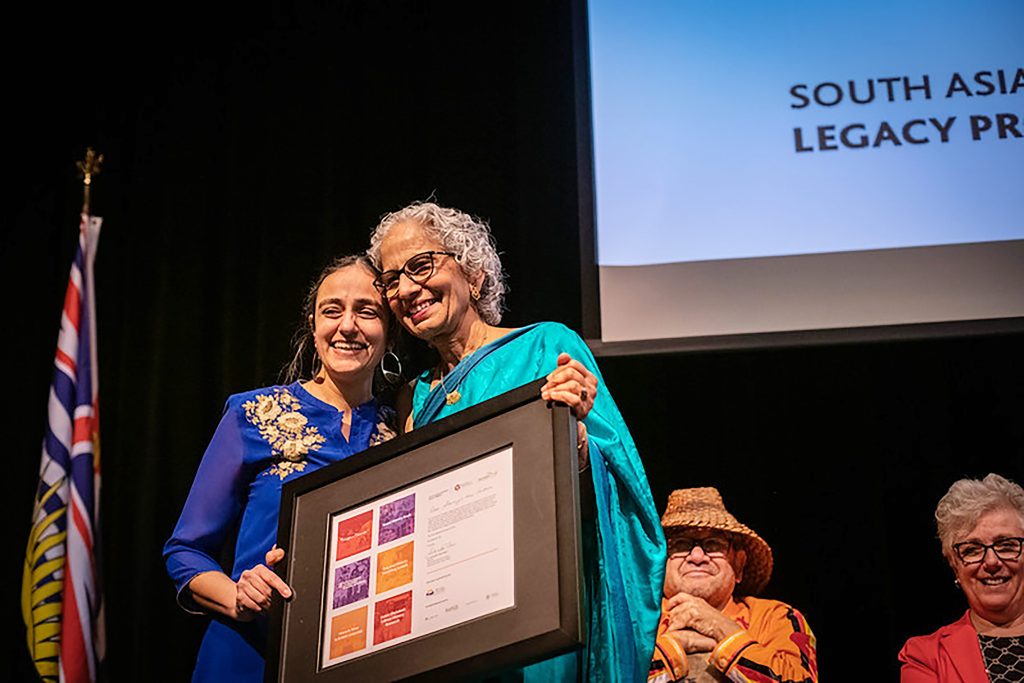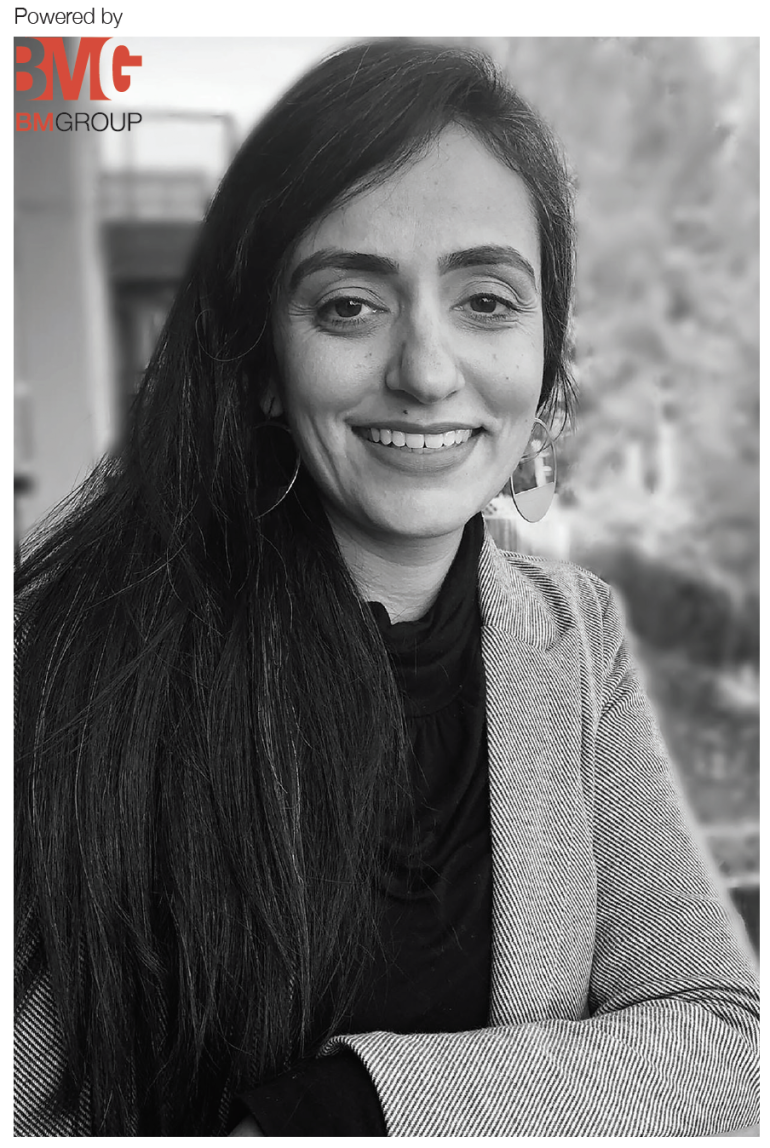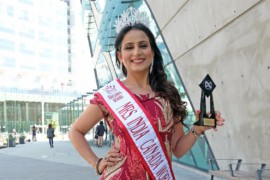BY J.M.LEE
Sharanjit Kaur Sandhra was born in the UK but has lived almost her entire life in Abbotsford/Fraser Valley in BC. She went to school here, earned her undergrad, Master’s, and just this week, became the first Sikh to graduate from the Ph.D. program at UBC History. She has been working as a coordinator at the South Asian Studies Institute, UFV, for 12 years, a co-curator of exhibits at the Sikh Heritage Museum during that time, and has become a community leader and advocate around issues of anti-racism and anti-oppression. She has constantly called out organizations and institutions to do better and work better towards forging meaningful anti-racist practices. This includes the museum and educational sector. She is also a mother to 10 and 12- year-olds.
“I am motivated by younger generations of professionals who challenge the way things have always been,” Sharanjit declares. “There’s always a fine balance, and I try to ground myself in a practice of humility too, but these younger people continue to inspire and challenge me. On the other hand, some of my greatest mentors are Sikh women, like Dr. Satwinder Kaur Bains. They faced so many systems of racism, misogyny, heteropatriarchy, etc. They now are the guiding support systems to continue the good work. I’m inspired by the women activists around me, inspired by my young nieces and my mother-in-law. I dedicate my Ph.D. to them. I’m blessed to be surrounded by so much inspiration!”
A few weeks ago, Sharanjit received a hate mail sent to her work office. It was scribbled over an article she’d written, ‘Calling All Radicals.’ It ordered her to fuck off and go back to where she came from. Threats were suggested throughout the letter, a common trope that racialized people feel unsafe in this country. “The more I continue to speak out, the more I become vulnerable to attack,” Sharanjit emphasized, knowing that even a city councillor once attacked her. “What I have learned from having amazing friendships and relationships around me is maintaining as close to a state of chardi kalan as possible. In the end, I am surrounded by much too much love to let the haters bring me down.”

Sharanjit mentors both women and men, and she considers that mentorship is very much cyclical and not hierarchical. She may have the advice to offer them, yet she also learned so much from them. “The mentorship relationship can be more fulfilling when we break down those barriers, divides, and expectations.”
Education has given Sharanjit confidence to find her voice. Still, she also learned from all the incredible racialized women surrounding her. Their lived experiences and brilliant minds continue to teach her new lessons. “The other greatest motivation in my life is my boys. Every challenging conversation that I have, everything that I do, is encircled around a vision, hope, and challenge for my children’s future to be different. It comes from a place of hope but needs to be driven by action.”
It took Sharanjit 8 years to earn her Ph.D. as a full-time working mother. This would have been an IMPOSSIBLE task if not for the women surrounding her. “The moms who picked up my boys from school and took my kids in on playdates. Most importantly, my mother-in-law has been a formidable presence and core to our family functioning. This balance comes from acknowledging just how I managed to function. I am also so privileged to be married to someone who supports my independence of mind, heart, and experience. We married when we were very young, and our journey of learning and growth has been exponential in that process.”
Sharanjit encourages people to push the boundaries of their imagination regarding words like inclusion. “I think inclusion is the bare minimum. Assigning and coming from a place of power means that we also position ourselves to challenge the structures that need to change. Through sisterhood, if we do this together, that change can happen faster,” she concludes.






